Originally published in February 2020, in honour of Nova Scotian Heritage Day - Africville
Written by guest blogger, Elena Cremonese, Archives Assistant
Halifax Municipal Archives has digitized the records in their holdings pertaining to Africville. These photographs, maps, plans and documents are now available in a searchable online Africville Source Guide, opens a new window. They tell one part of the story of Africville—one that is reflected through municipal staff and officials. These records also highlight the ways in which the residents of Africville interacted with the City through letters, petitions, surveys, committees, and public hearings.
The municipal records regarding Africville are valuable not just because of the details they offer on the relocation of Africville residents in the 1960s, but also because they show that Africville’s history does not begin and end with the City’s relocation project. Municipal records give insight into the community from as early as 100 years before 1860, though Africville’s history begins even earlier.
The Africville Source Guide provides direct access to significant research material on the compelling history of the community on the edge of Halifax. Below are some of the highlights from the Guide:
Halifax City Council minutes
In the earliest related record available at the Archives, a Halifax City Council meeting on April 16,1860, a motion was put forward to rename the community of Africville to “Ashley.” The motion was defeated.
Link: The City of Halifax Council minutes and submissions related to Africville, opens a new window
City Council records are evidence of the ways in which City officials discussed and made decisions concerning the community of Africville, from provision of water services to questions of police protection and road improvements. Submissions to Council show how Africville residents communicated with their municipal government, sometimes through a church minister, other times in the form of petitions and letters.
Halifax Board of School Commissioners records
Another valuable resource from the Halifax Municipal Archives is the Board of School Commissioners records, which provide insight into education in Africville. These records have their own page here, opens a new window, and begin in 1865. They include information such as teachers' names and wages, reports on attendance, school facilities costs, and big decisions such as whether or not to close the school.
The excerpts below show the two times the Board closed the school at Africville, first in 1874, and then again in 1952.
The Board of School Commissioners records provides evidence of what the school may have looked like at various points in time, how many students attended classes, and who the teachers were. The Board minutes also show how residents fought to have educational resources brought to their community: after the first closing of the school, residents sent several letters from 1875-1883 requesting that a school be reinstated.
Board of School Commissioners records are also valuable for learning details about the history of segregation in Halifax schools.
Property assessments and building permits
Another set of records that give valuable insight into Africville’s history are property assessment field cards and building permits.
Property assessment field cards (such as the one below) were created by city assessors to record features of each property in order to assess the property value for taxation. These cards were generally organized by ward, street, and date. Africville properties did not have civic addresses, and so were often filed under "Africville,” and they do not always have complete information, though the cards have fields for size of the house, material, services such as water and sewer, and conditions.
Building permit records show applications for new construction, renovations or demolitions in Africville from 1934 through to the 1960s. The application cards can give the location of the construction, name of owner, date of application, name of architect, builder, estimated cost, type of building, and construction details.
Most of the Africville building permit cards are permit applications from the City of Halifax for demolition (1966-68) as well as the approved permits for demolition, as the permits were being granted to the City itself. These cards give a building number (corresponding with map P500/46, shown below), a description of the type of building, the date the application was received, and the date the permit was approved. This can help to date when a building was constructed or demolished.
Maps and plans
The Engineering and Works Department was responsible for the repair and maintenance of public property and services. The Department created and accumulated thousands of plans, maps and drawings; the ones listed on the source guide are those that relate directly to Africville or depict the surrounding area, particularly through industrialization.
These maps and plans show property boundaries, service provision, and often the footprints of homes and other buildings throughout Africville. This map from the series, DD-4-8154, shows building locations, including the old and new church and the school, industrial buildings and piers. The cropped close-up shown here includes owners’ names and what may be potential new civic addresses.
City staff subject files
Various City staff created subject files and case files related to the relocation of Africville residents in the 1960s. The City Manager, City Clerk, and the Engineering and Works Department all kept records pertaining to these decisions.
All of these records show the background to official decisions made by Council, including research, staff reports, memos, notes, collections of newsclippings, and correspondence. They show some insight into the reasoning and justification for the Africville relocation as understood by City staff at the time.
The map shown here was in a City Manager’s file and was used as the base map for the Africville relocation. The numbers on the homes correspond with a list in the City Manager’s files, with property acquisitions referenced in the Council minutes, and with Building Permits issued for the demolition of buildings it had acquired.
Photographs
The Halifax Municipal Archives collection of photos of Africville can be seen in a Flickr album here, opens a new window. These photos were taken by the Halifax Police Department, Fire Department, and Engineering and Works Department in the 1950s-1960s. They reflect the gaze of the municipal government in terms of their focus; the only people shown in these photos are municipal staff.
The photograph of the Seaview United Baptist Church shown at the beginning of this post is from the Fire Department series. It is not known precisely why the photos were taken.
Reference collection
While the Halifax Municipal Archives’ reference collection includes many secondary sources—which can be found at Halifax Public Libraries– it is also the source of many municipal reports and reference materials which were the background to many of City staff’s recommendations to Council, and to City Council’s decisions regarding Africville.
The earliest of these is the 1945 Master Plan for the City of Halifax – cover shown below – recommended the removal of the “Africville settlement” and the provision of “a decent minimum standard of housing elsewhere.” The Master Plan can be viewed in its entirety here, opens a new window.
Add to the story of Africville
These municipal records reflect only part of the story of Africville, one that is reflected through the viewpoint of the City. The Municipal Archives values the inclusion of community records as an important complement to our government records, particularly as we try to better represent Halifax’s diverse community and histories. The Africville Source Guide demonstrates how acutely unrepresented are the voices of Africville residents in records available in local memory institutions; that needs to change, and the Municipal Archives would like to offer a secure and accessible home to community records related to Africville.
There can be many options to ensure those valuable records endure and are available to tell their story well into the future. You can see the donation process here, opens a new window, and can contact the Archives staff with any questions at archives@halifax.ca, or at 902-490-4643.

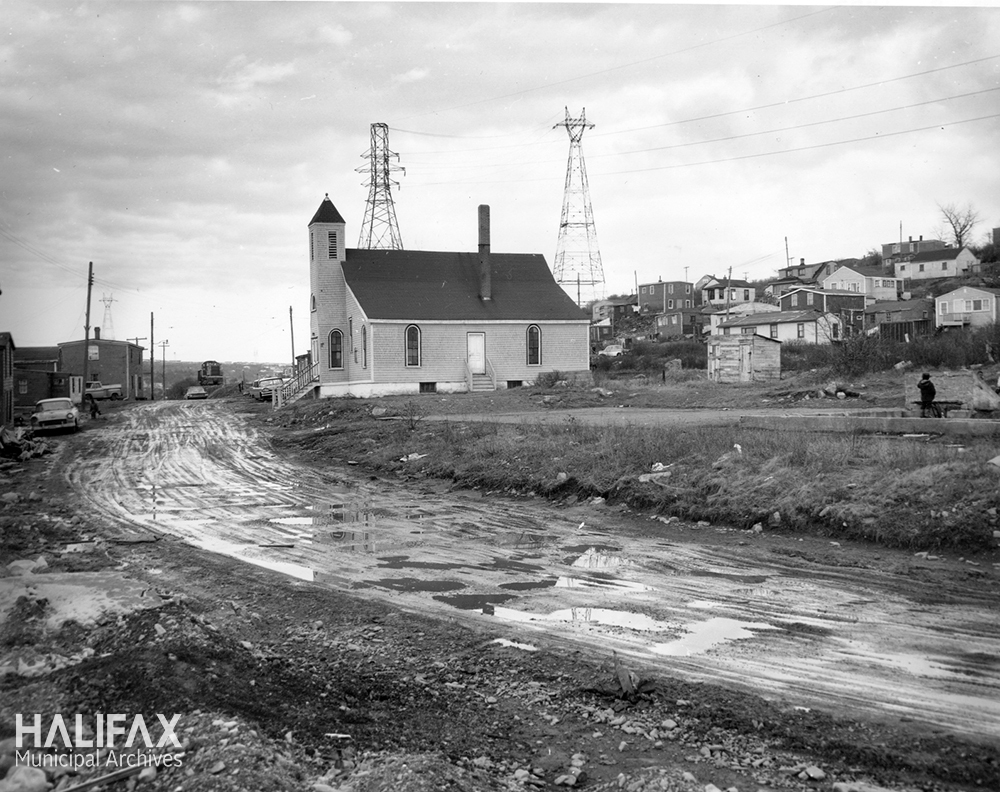
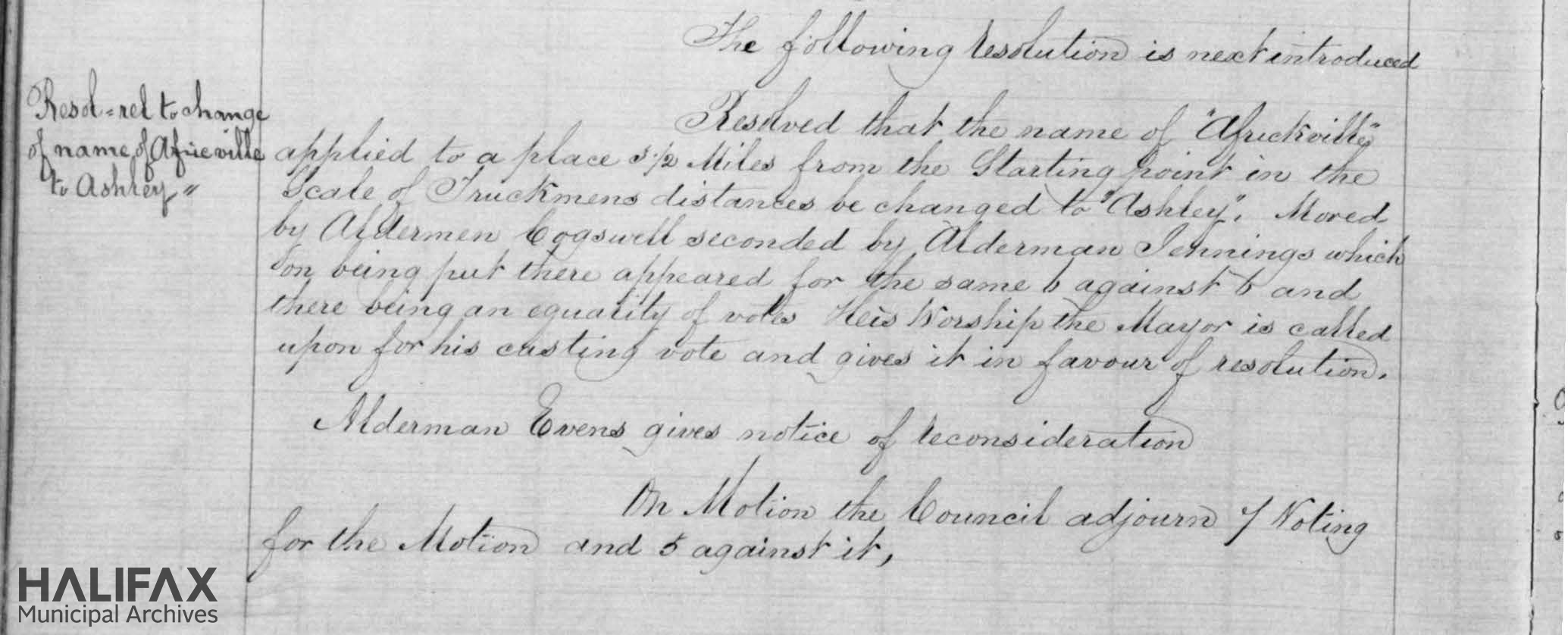
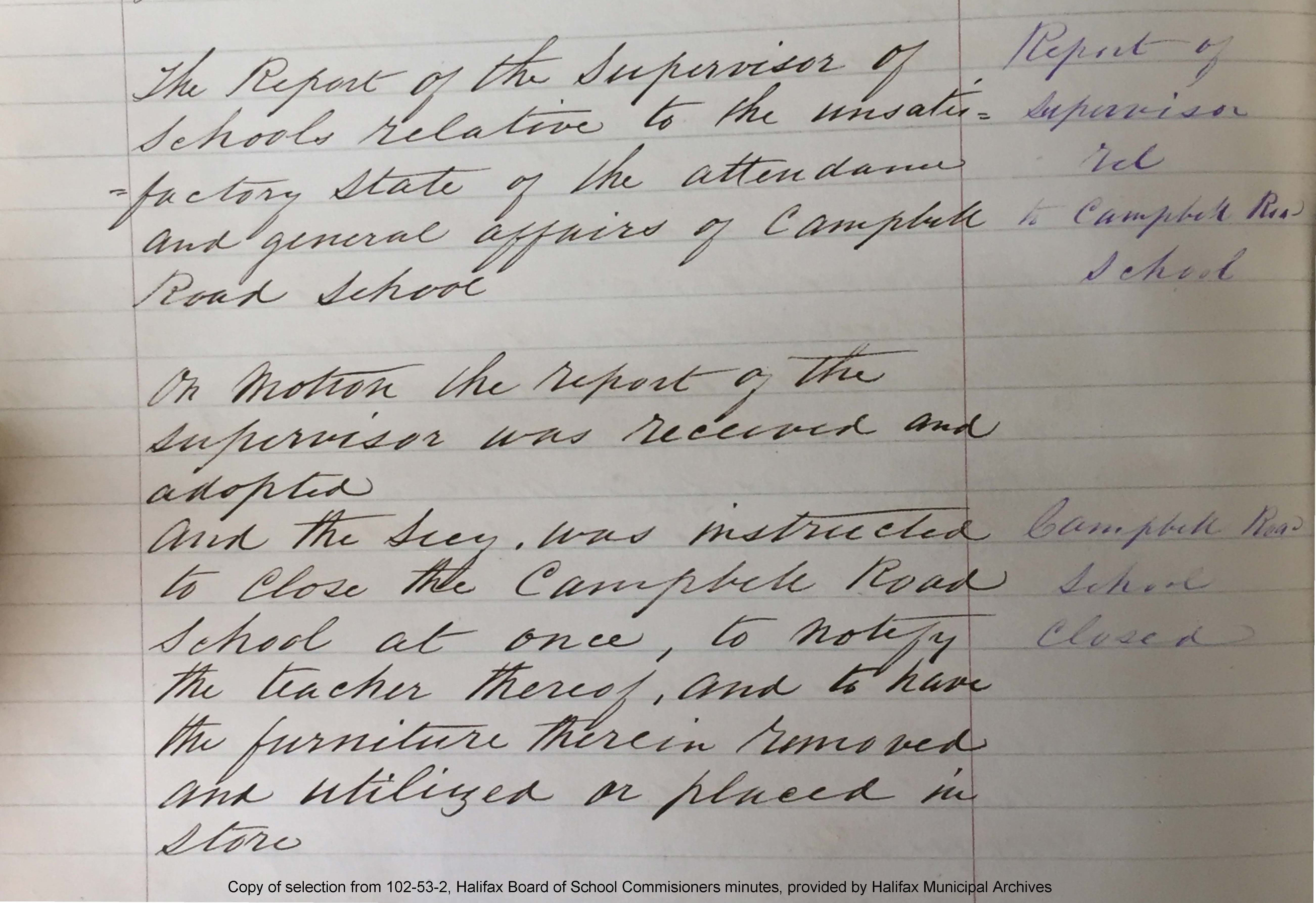

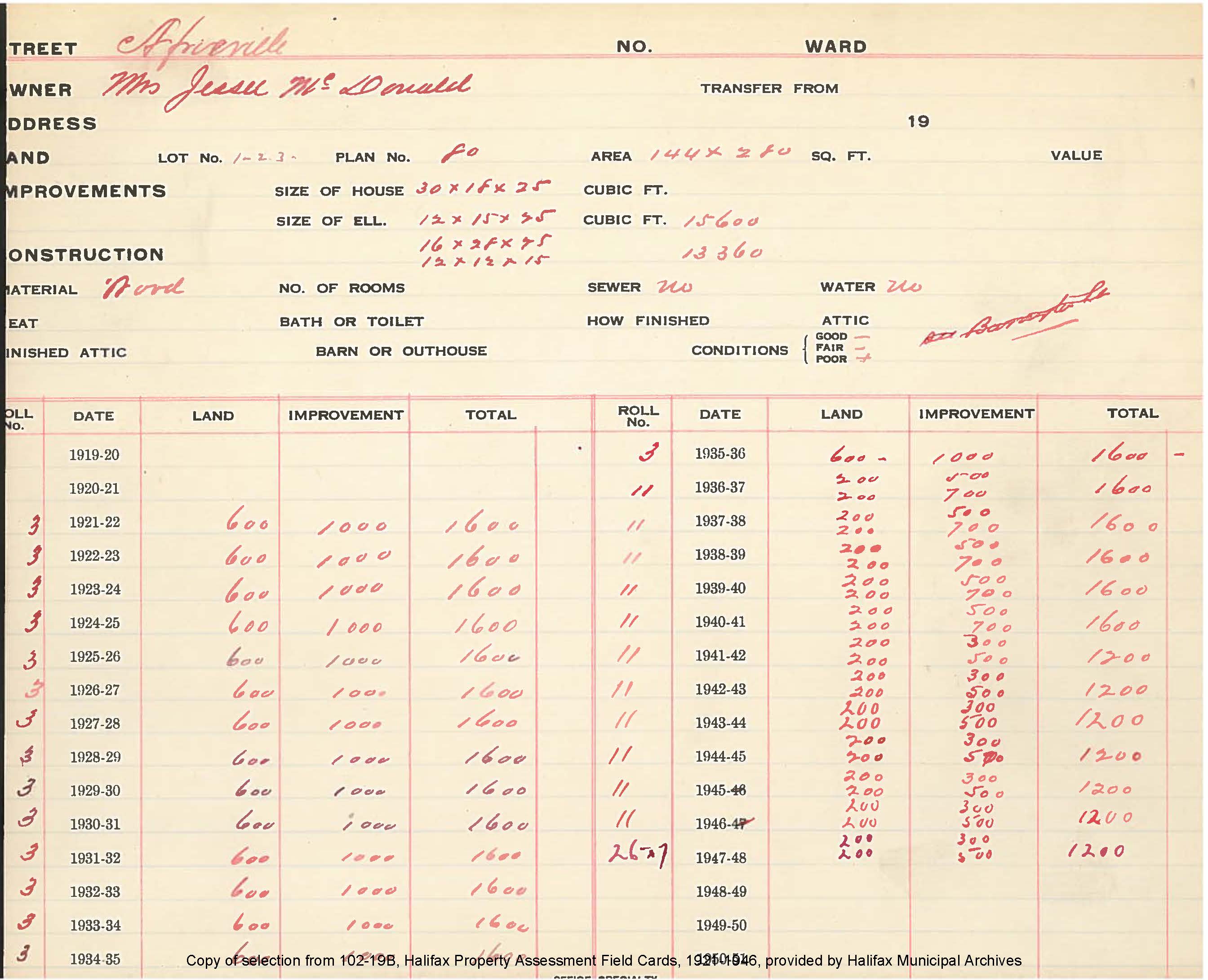
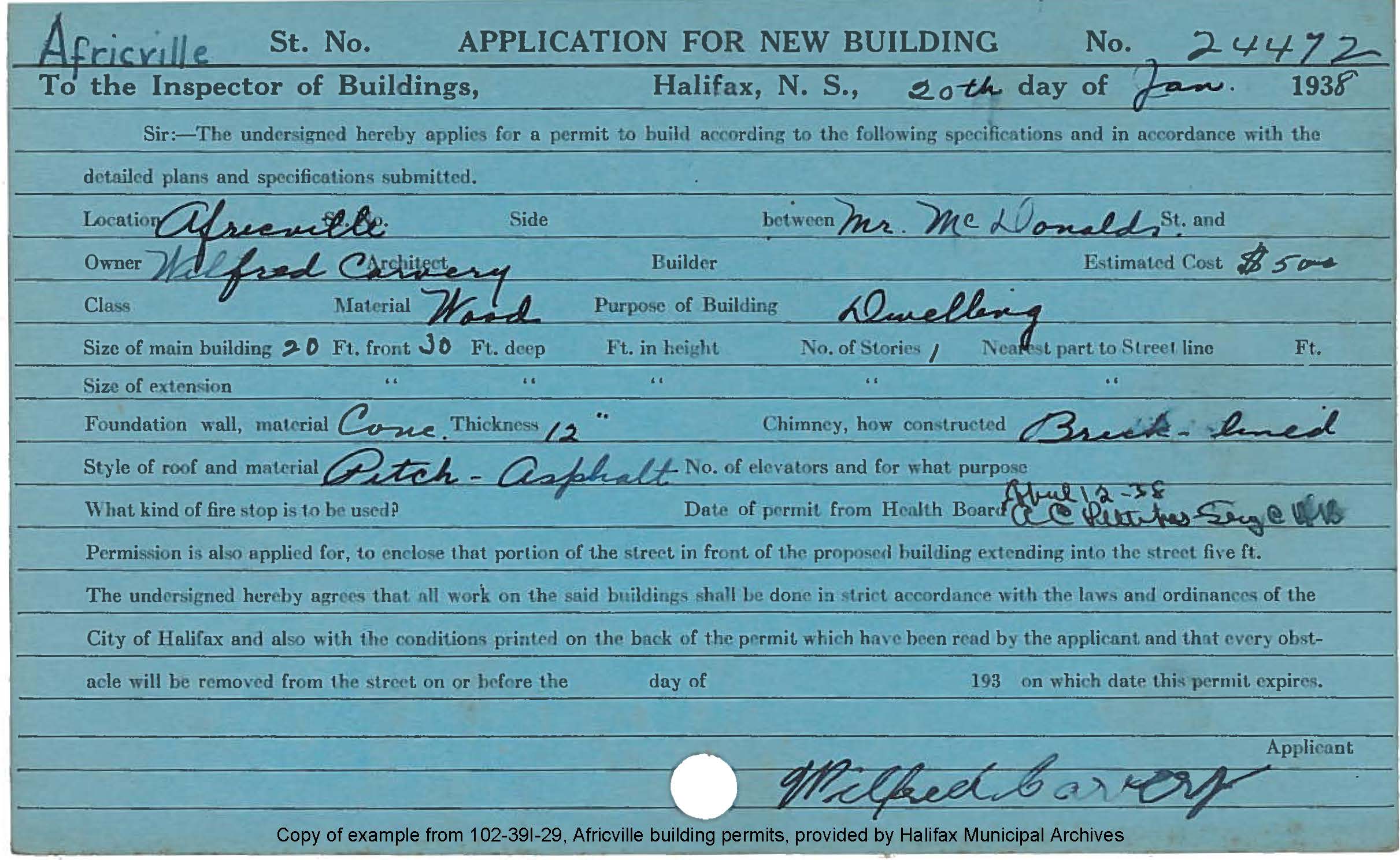
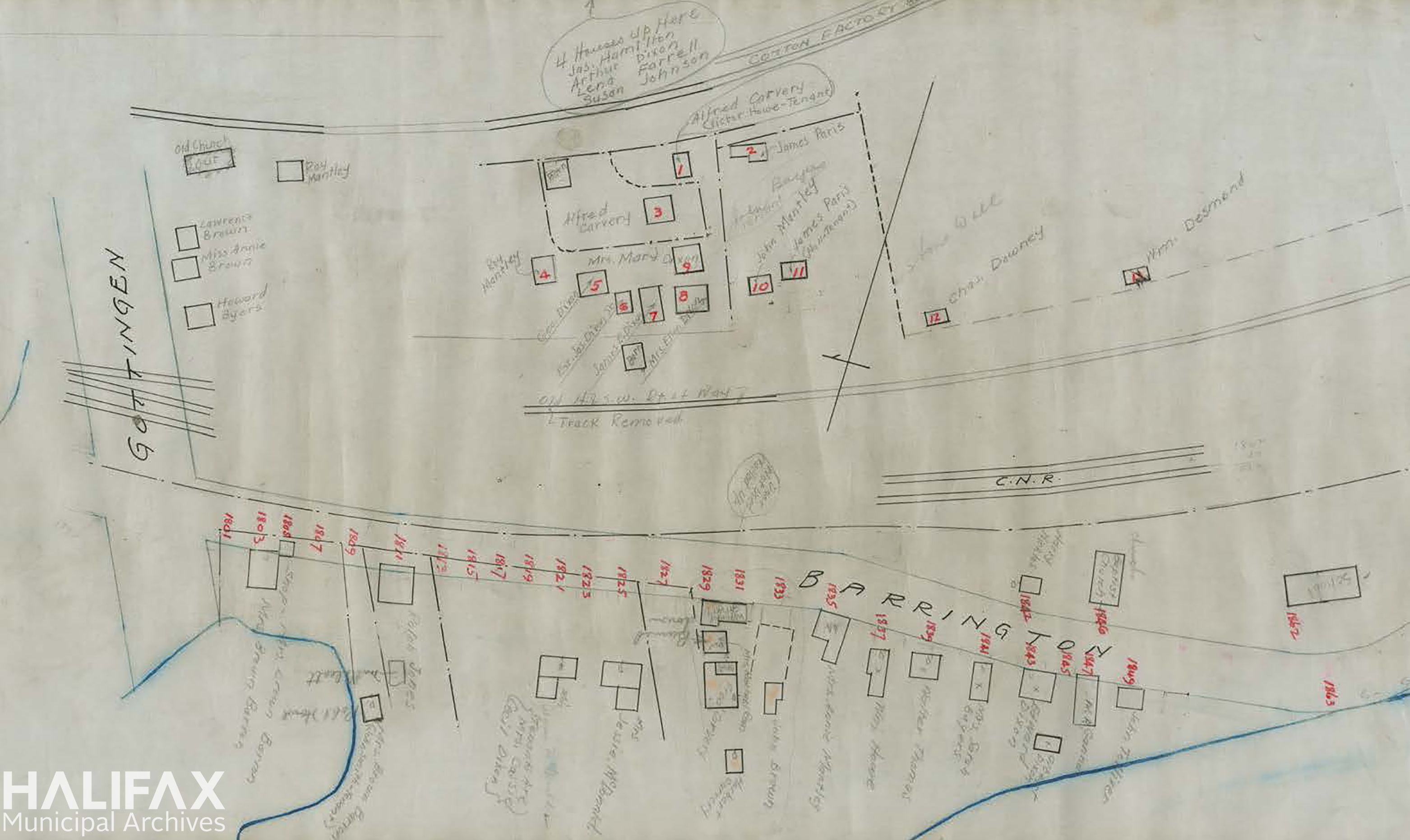
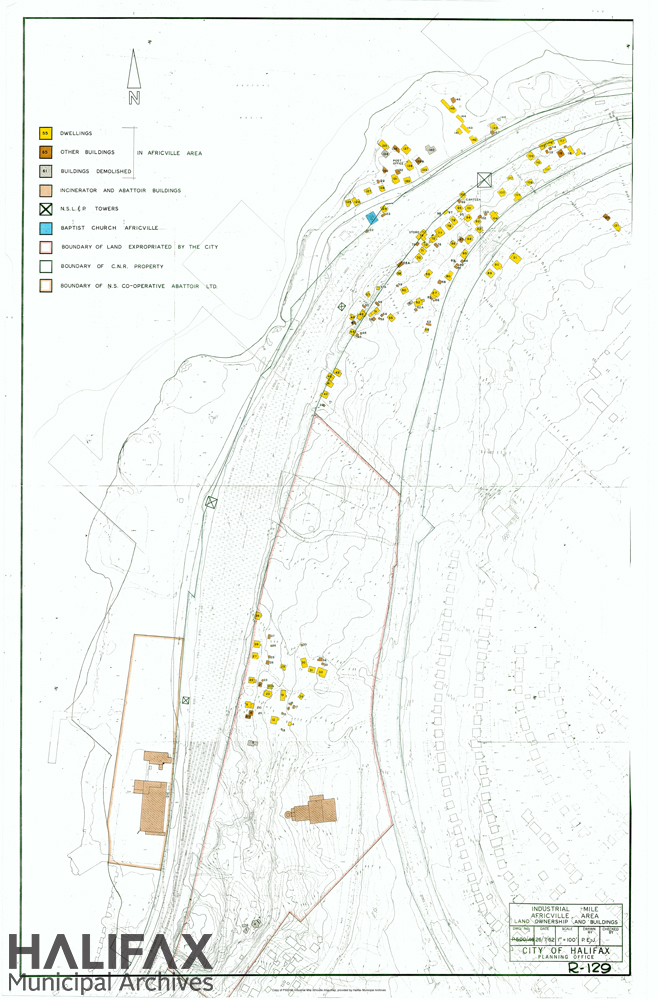
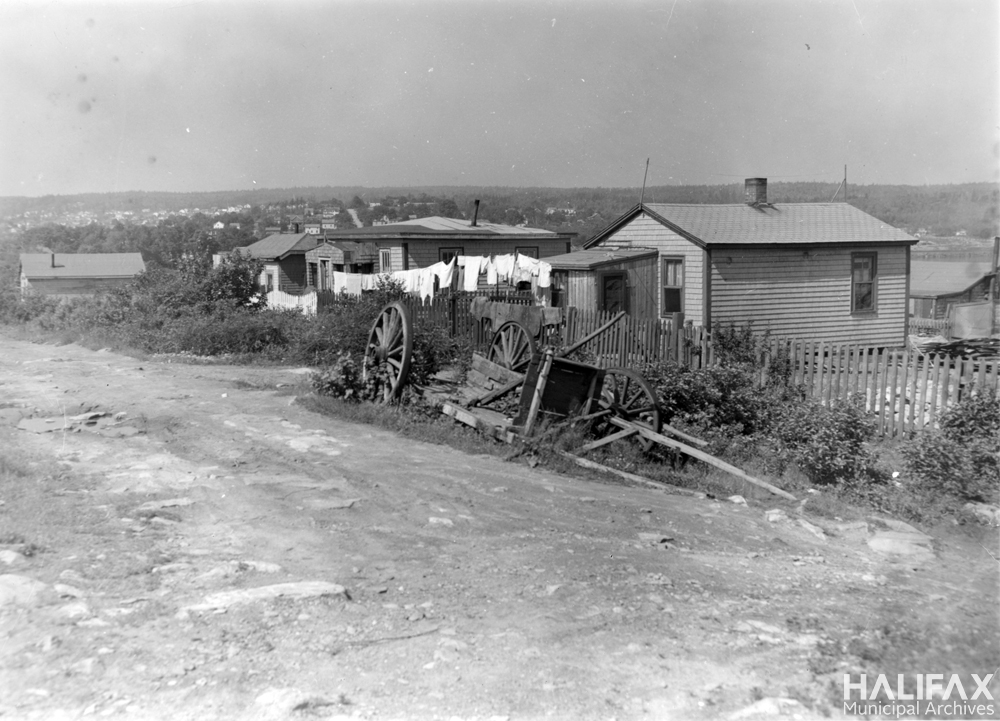
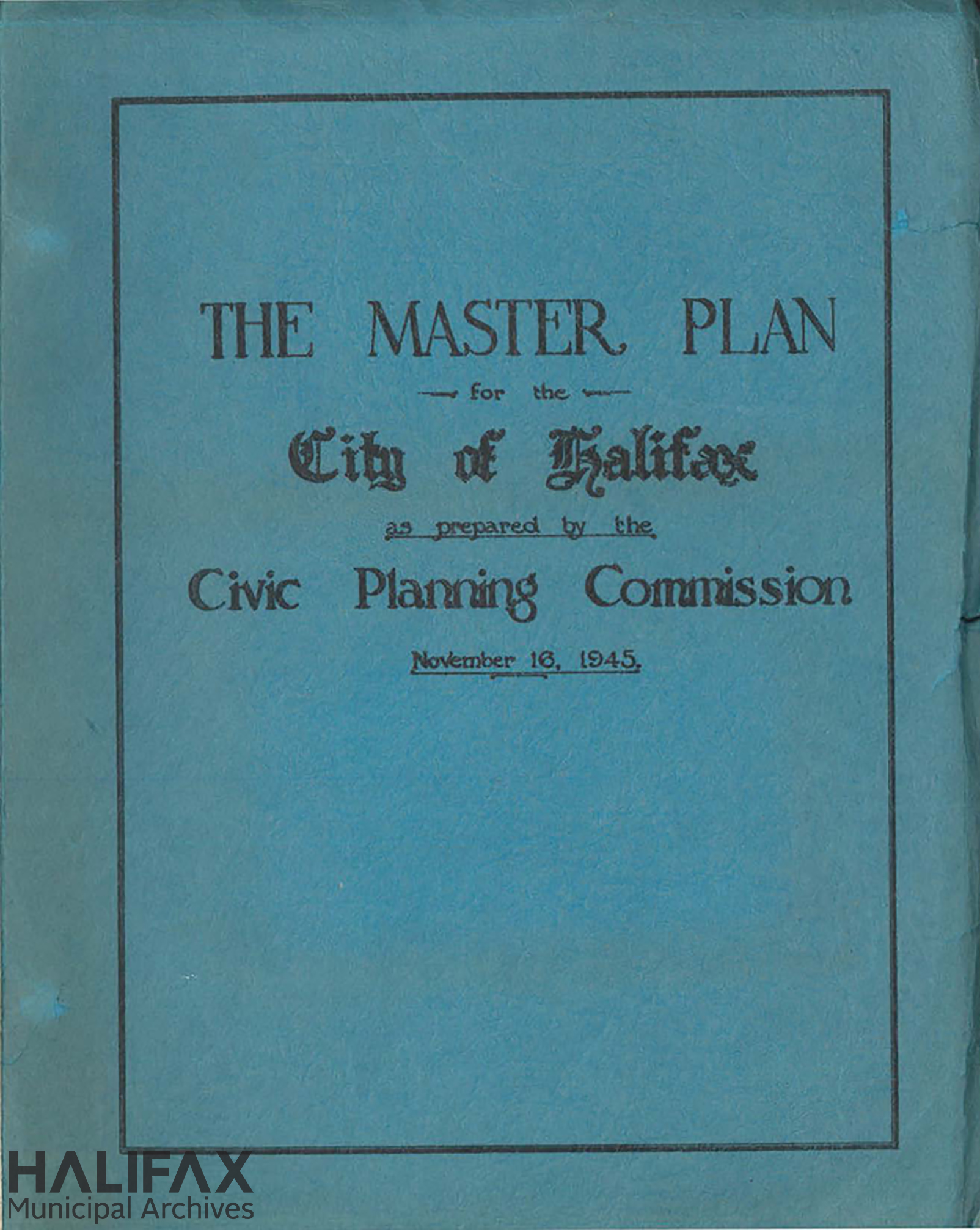

Add a comment to: Halifax Municipal Archives: Remembering Africville Source Guide